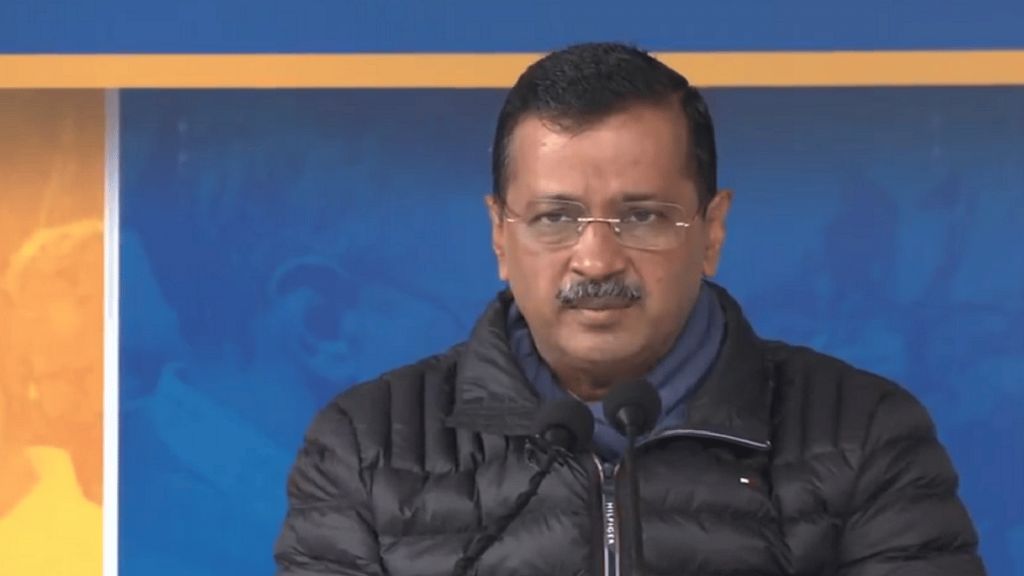
As Delhi goes to the polls on Wednesday to elect 70 members to its Legislative Assembly, the city stands at the crossroads of one of its fiercest electoral battles in recent history. A three-cornered contest among the Aam Aadmi Party (AAP), the Bharatiya Janata Party (BJP), and the Congress has made the stakes extraordinarily high for all the contenders. For Arvind Kejriwal, it’s a political survival test. After a decade-long reign, having won three consecutive elections, he faces his toughest challenge yet. Once hailed as a political disruptor with a blueprint for corruption-free governance, public education, and healthcare, his image has taken a hit. The self-proclaimed man of modesty now finds himself defending the opulence of his controversial “Sheesh Mahal” residence and alleged corruption charges that landed him in jail for months. His credibility is on the line.
Kejriwal’s journey has been paradoxical. He once championed depoliticised politics and demanded full statehood for Delhi but welcomed the BJP’s move to bifurcate Jammu and Kashmir. When communal riots rocked northeast Delhi, he offered little beyond symbolic prayers at Mahatma Gandhi’s statue. His stance on the Shaheen Bagh protests was equally puzzling, asserting he could have cleared the demonstrators in hours if the police had been under his control. The big question now is whether his charisma and past promises can withstand these controversies.
For the BJP, the stakes are equally significant. Out of power in Delhi for nearly three decades, the party has struggled to reclaim the state even after sweeping national elections under Narendra Modi’s leadership. Dismissing Delhi as just another municipality after a previous defeat, Modi’s recent barrage of rallies suggests he knows better. Grand promises, including monthly payments of Rs 2,500 to women, have raised expectations and the risk of embarrassment if the BJP fails to deliver a victory. Losing Delhi again would be a dent to Modi’s invincibility narrative. Then there’s the Congress, fighting less to win and more to prove it’s still breathing. Reduced to a mere spectator in the last elections, it now clings to nostalgic memories of Sheila Dikshit’s golden era. With no significant strategy beyond attacking AAP, the party seems resigned to hoping for a miracle, perhaps a few seats to mark its existence on the political map.
In this chaotic three-way contest, the BJP stands to benefit from the vote split between the AAP and the Congress. With several INDIA bloc allies supporting Kejriwal, the opposition dynamic gets murkier. Delhi’s voters, however, have their own priorities. What they seek is not grand promises or celebrity rallies but a stable, corruption-free government that delivers on its word. The results of this election will not just shape Delhi’s future but also test the strength and relevance of its key political players.